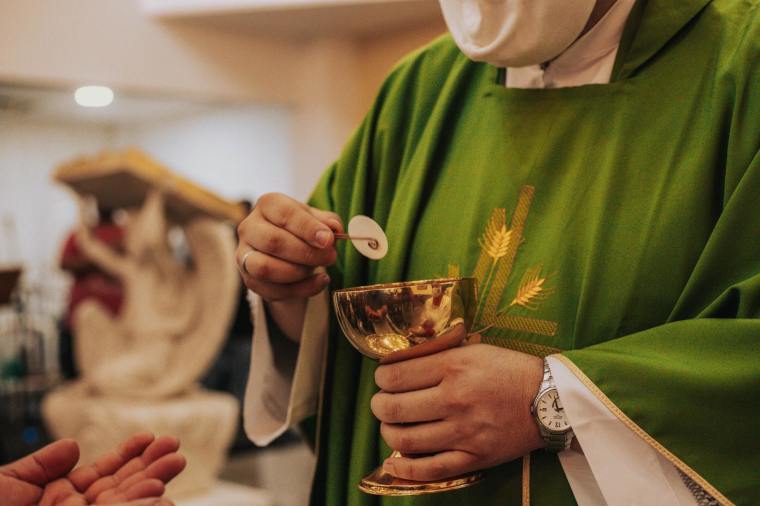
A Catholic diocese in Michigan has ordered its priests not to perform baptisms, confirmations and other Catholic sacraments on trans-identified or nonbinary individuals, with an exception for those who have engaged in “repentance” for rejecting their biological sex.
The Catholic Diocese of Marquette, believed to be one of the first dioceses in the United States to issue the policy in July, stated in an official instructional report that its priests are to also withhold communion from trans-identified individuals who have not repented. The diocese clarified the instruction in a statement last week.
In the Catholic faith, communion is believed to be the process of taking in the body and blood of Jesus Christ.
Additionally, in some cases, the order will prevent trans-identified people from receiving the anointing of the sick, which is often associated with providing physical or spiritual healing to very ill individuals.
“We are not defined or identified by our sexual attractions or conflicts about sexual identity [and] our fundamental identity is as a beloved son or daughter of God,” the instructional letter reads. “Thus, it is best to avoid identifying persons merely using labels such as ‘gay’ or ‘transgender.’ It speaks more to our fundamental identity and dignity as persons to speak of persons with same-sex attraction or persons with gender dysphoria.”
The instruction aims to provide considerations for pastoral care. It addresses the art of pastoral accompaniment, the meaning and purpose of human sexuality, general approaches to the accompaniment of persons with same-sex attraction and persons with “gender dysphoria,” and guidance for select pastoral circumstances.
“There is an ever-greater need today for the pastoral care of persons with same-sex attraction and persons with gender dysphoria,” the order said. “Let us open our hearts to the love of God that we may overflow with love and kindness and respect for others.”
The document, however, states that the experience of one’s sexual identity is “not sinful” if it does not arise from the person’s free will, nor would it stand in the way of Christian initiation.
But, the “deliberate, freely chosen and manifest behaviors to redefine one’s sex do constitute such an obstacle.”
The Diocese of Marquette contends that the best way to approach people with “same-sex attraction” and “persons with gender dysphoria” is through pastoral care and through a loving approach to spread the news about Jesus Christ.
“Human persons are created in the image and likeness of God. We are beloved sons and daughters of the Father,” the instruction states. “Jesus Christ died for us, which shows the depths of our human dignity. Thus, we are to treat persons with same-sex attraction and gender dysphoria with dignity and respect and all unjust discrimination is to be avoided.”
The order addressed how the Church’s teaching is good news to a broken world.
“The sexual revolution and the breakdown of marriages have led to barrenness, broken hearts, broken lives and broken families,” it reads. “The Church’s teaching, in contrast, fosters steadfast love, fidelity, unity, and fruitfulness. This is good news. The way to healing is embracing Jesus and His teaching.”
The instruction notes that for priests to accompany others, it’s “insufficient merely to state the Church’s teaching.”
“In addition, we must strive to meet people and lead them, step-by-step, as we all walk toward the fullness of truth,” the instruction reads. “Accompaniment requires docility to the Holy Spirit and discernment of the steps along the path. Discernment requires the virtue of pastoral prudence and must be carried out in fidelity to the teachings of the Church. Accompaniment does not dilute the teachings of the Church, but rather, animated by charity, we are to proclaim the Gospel in its fullness.”
The Diocese of Marquette released a statement last Thursday stating that “The Church teaches that persons experiencing feelings of same-sex attraction or gender dysphoria is not sinful, but freely acting upon them is.”
“Experiencing feelings and desires that are not in accord with the true meaning and purpose of sexuality is not sinful,” the statement reads. “To commit a sin, we must know that something is wrong and freely choose to do it.”
Bishop John Doerfler of the Diocese of Marquette said that in his years of ministry, he’s found working with same-sex attracted people to be a “privilege.” He said he remains “inspired” by their “faith and desire to live chastely.”
Jennifer Haselberger, a former chancellor for canonical affairs in the Archdiocese of Saint Paul and Minneapolis, told The Washington Post that the new policy could contradict Canon Law, a set of ordinances and regulations that guide the Catholic Church.
Canon Law, she said, states that anyone who has not been baptized can be eligible for the sacrament and that those who will be impacted by the policy might have a way to challenge the order if they appeal to the Vatican.
“There’s nobody who approaches baptism from a state of perfection,” she said. “The presumption is the opposite. You come to baptism as a sinner, and original sin is forgiven you.”
Doerfler told a local Fox affiliate that it’s crucial for people to realize the gift of the body that the Lord has given them.
“He’s given us this body as male or female to acknowledge that, to treasure that, and to respect that,” he said.
The Catholic Church is widely known for hosting primarily infant baptisms. The new policy will likely impact non-Catholic adults wanting to be baptized within the Catholic Church, trans-identified teenagers prepping for confirmation and children of Catholic migrants who could not be baptized due to migration and other factors, according to The Washington Post.
 Deprecated: strip_tags(): Passing null to parameter #1 ($string) of type string is deprecated in /var/www/html/wp-content/plugins/td-composer/legacy/Newspaper/loop.php on line 65
Deprecated: strip_tags(): Passing null to parameter #1 ($string) of type string is deprecated in /var/www/html/wp-content/plugins/td-composer/legacy/Newspaper/loop.php on line 65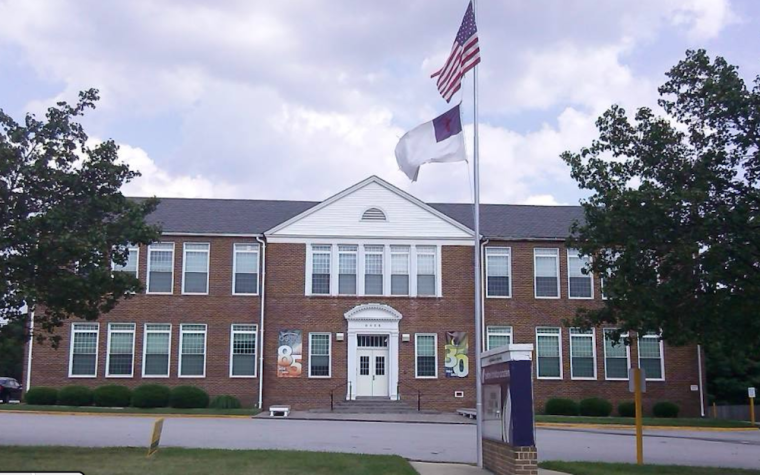 Deprecated: strip_tags(): Passing null to parameter #1 ($string) of type string is deprecated in /var/www/html/wp-content/plugins/td-composer/legacy/Newspaper/loop.php on line 65
Deprecated: strip_tags(): Passing null to parameter #1 ($string) of type string is deprecated in /var/www/html/wp-content/plugins/td-composer/legacy/Newspaper/loop.php on line 65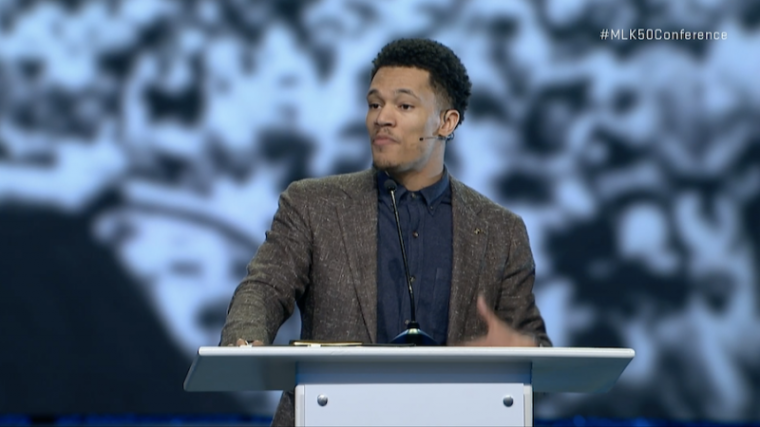 Deprecated: strip_tags(): Passing null to parameter #1 ($string) of type string is deprecated in /var/www/html/wp-content/plugins/td-composer/legacy/Newspaper/loop.php on line 65
Deprecated: strip_tags(): Passing null to parameter #1 ($string) of type string is deprecated in /var/www/html/wp-content/plugins/td-composer/legacy/Newspaper/loop.php on line 65 Deprecated: strip_tags(): Passing null to parameter #1 ($string) of type string is deprecated in /var/www/html/wp-content/plugins/td-composer/legacy/Newspaper/loop.php on line 65
Deprecated: strip_tags(): Passing null to parameter #1 ($string) of type string is deprecated in /var/www/html/wp-content/plugins/td-composer/legacy/Newspaper/loop.php on line 65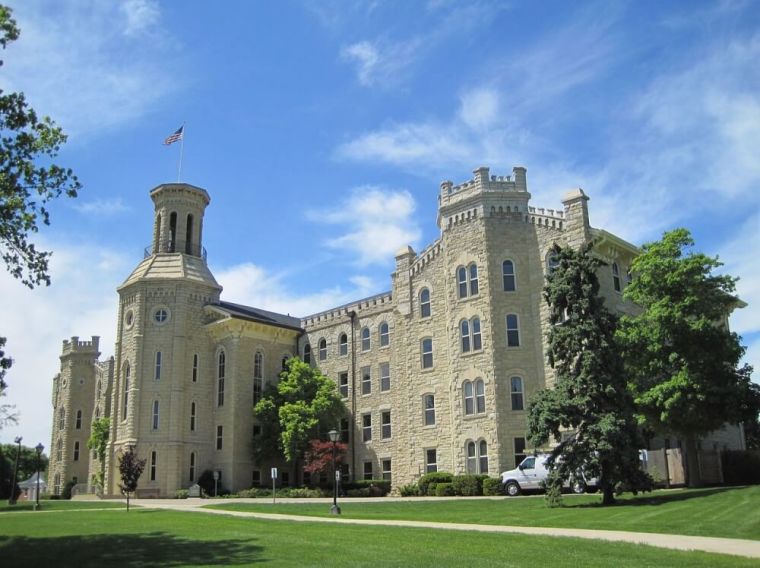 Deprecated: strip_tags(): Passing null to parameter #1 ($string) of type string is deprecated in /var/www/html/wp-content/plugins/td-composer/legacy/Newspaper/loop.php on line 65
Deprecated: strip_tags(): Passing null to parameter #1 ($string) of type string is deprecated in /var/www/html/wp-content/plugins/td-composer/legacy/Newspaper/loop.php on line 65 Deprecated: strip_tags(): Passing null to parameter #1 ($string) of type string is deprecated in /var/www/html/wp-content/plugins/td-composer/legacy/Newspaper/loop.php on line 65
Deprecated: strip_tags(): Passing null to parameter #1 ($string) of type string is deprecated in /var/www/html/wp-content/plugins/td-composer/legacy/Newspaper/loop.php on line 65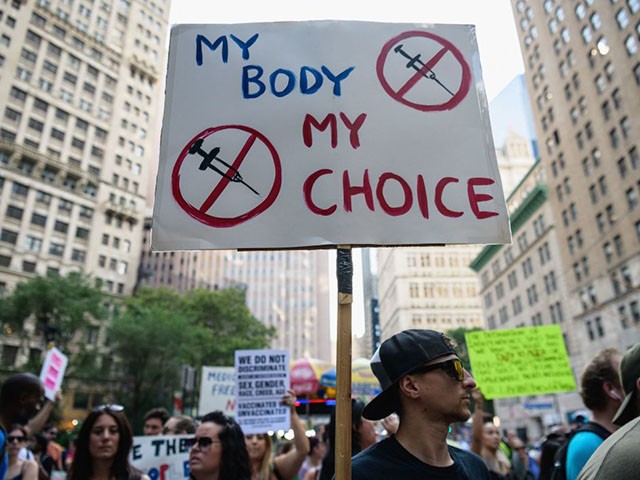 Deprecated: strip_tags(): Passing null to parameter #1 ($string) of type string is deprecated in /var/www/html/wp-content/plugins/td-composer/legacy/Newspaper/loop.php on line 65
Deprecated: strip_tags(): Passing null to parameter #1 ($string) of type string is deprecated in /var/www/html/wp-content/plugins/td-composer/legacy/Newspaper/loop.php on line 65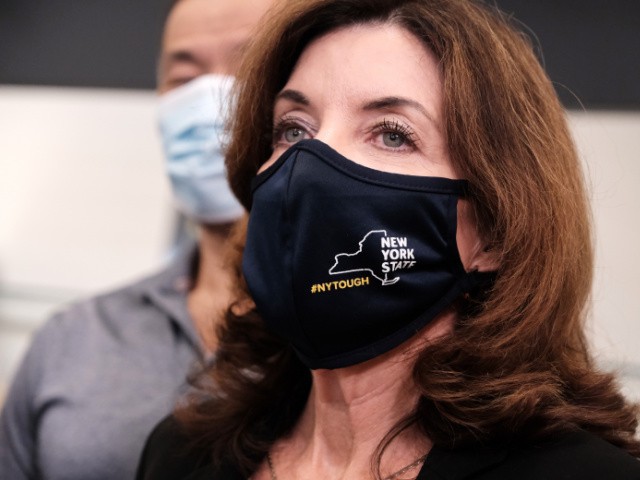 Deprecated: strip_tags(): Passing null to parameter #1 ($string) of type string is deprecated in /var/www/html/wp-content/plugins/td-composer/legacy/Newspaper/loop.php on line 65
Deprecated: strip_tags(): Passing null to parameter #1 ($string) of type string is deprecated in /var/www/html/wp-content/plugins/td-composer/legacy/Newspaper/loop.php on line 65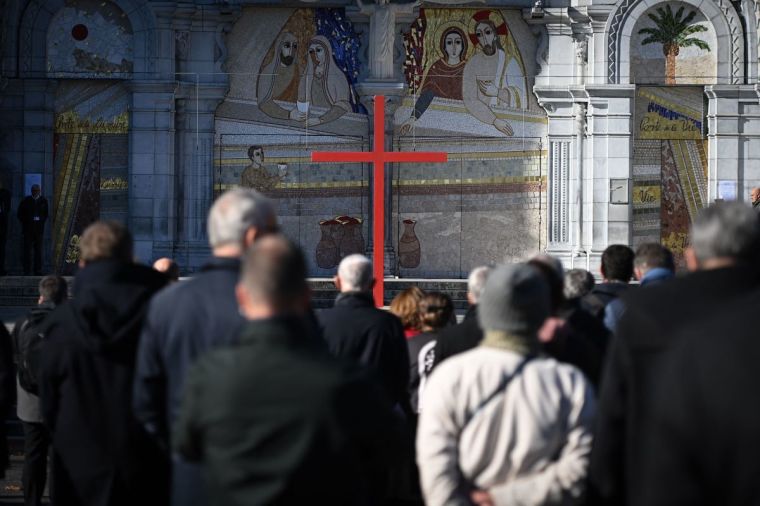 Deprecated: strip_tags(): Passing null to parameter #1 ($string) of type string is deprecated in /var/www/html/wp-content/plugins/td-composer/legacy/Newspaper/loop.php on line 65
Deprecated: strip_tags(): Passing null to parameter #1 ($string) of type string is deprecated in /var/www/html/wp-content/plugins/td-composer/legacy/Newspaper/loop.php on line 65